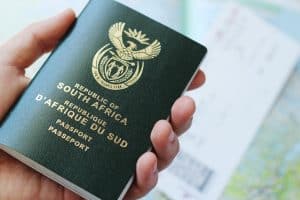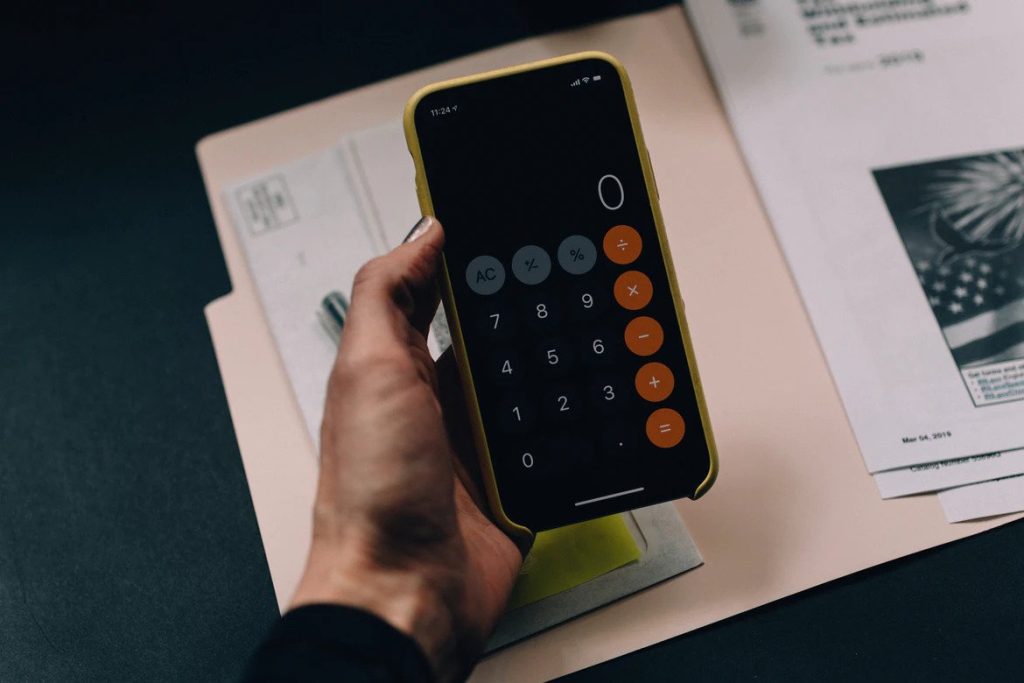By Fanus Jonck
Do you live and work abroad? Are you planning to return to South Africa? You will face several changes when you relocate to South Africa again.
We would like to share advice and suggestions to assist our expats.
Before you return to South Africa
1. Bank accounts
- If you have foreign investments, it is worth keeping one foreign bank account open. You do not have to bring all your foreign savings back to SA.
- It is advisable to have an account that is accessible via the internet as it is far easier to administer. Keep an eye though on bank charges!
- Notify the bank that you are leaving and change your postal address.
- Leave a small balance in the account so that they do not close it.
- If you are transferring money from aboard, contact fanus@jonck.net for various options to save on currency transfers to SA and on bank fees.
- For the last three to six months before you return to SA, transfer R10 000 to R20 000 per month into your SA bank account. When you return this will look like a salary (as if you are self-employed). This will save you a lot of trouble trying to get cell phone contracts, credit card accounts, etc.
2. Investments
- Obtain valuation certificates for all your offshore investments on the date of your departure. It is much easier to arrange it there and you need it when you arrive in SA.
- Use the last weeks before returning wisely to gather all the important documentation.
- Keep certified copies of share certificates/documents.
- Inform the insurance companies, stockbrokers, investment advisor, company, etc. of your new address in SA, or of a reliable relative’s address.
- If you own a property abroad, leave it in the hands of a reliable agent.
- Once you are a SA tax resident again, ensure that the country where your property is located do not deduct tax gross rent as they are obliged to do. Explain to them that you are no longer a tax resident of that country and therefore not liable for tax. This is complex and differs between countries. Contact Fanus at tax@jonck.net if you are unsure or need to know more.
3. Foreign tax affairs
- There are plenty of good companies who will sort out your foreign tax affairs for a fee; this will be worth your while. (Contact tax@jonck.net for a reference.)
- Also remember if you have worked for a company but you did not work for a full tax year during the last year before you return, you should normally qualify for a tax refund!
4. Salary slips
- Keep original records of your earnings and remuneration slips.
- When you bring money into SA, the Reserve Bank may require proof that the money was earned offshore by you and that you are not bringing another guy’s money with you. Every time a SA bank receives a large sum of offshore money, they are required to inform the Reserve Bank.
5. Existing contracts
- Cancel all existing contracts. Do not slip and incur further liabilities. These include mobile phone contracts, insurance, gym membership, etc.
- Don’t leave money owing! You will be blacklisted – and one day you might want to return.
- It is difficult to prove without the necessary documents that your contract is terminated, so keep your documents.
- Obtain a written letter of acknowledgment that the contract has been cancelled and settled.
- Settle local government bills (electricity, water, council tax, telephone).
6. Relocation/shipping
- Shipping takes a few months, so don’t put items like toothbrushes or your CV on the shipping pile.
- Make all your brand new things look a little second hand, otherwise you will be nailed for VAT at customs in SA.
- Pay the extra for a reputable moving company as it is worth it!
- Pay for door-to-door delivery. It is worth the extra. Sitting at a customs office is time consuming and frustrating!
- Ensure the price includes customs clearance in SA.
7. Motor vehicle
- Do not leave your motor vehicle to someone else to sell; fighting for money from SA is a nightmare. Sell it earlier rather than later.
- Cancel your insurance and keep proof of the cancellation. Be alert to the fine print in your insurance contract with regards to cancellation. (View http://carinsurance.arrivealive.co.za .)
- Notify the licensing department that you have sold the vehicle and keep a copy of the letter or their acknowledgement.
- Second hand cars in SA are very expensive, way more than in the UK. If you own your car abroad for more than one year, you may be able to bring it back to SA legally without paying duty. Contact fanus@jonck.net for further details.
Once back in South Africa
1. Bank accounts
- SA banking charges are exorbitant compared to those in Europe.
- Make sure you understand the structure of your account charges.
- You will battle to open anything but a savings account without local salary slips.
- Do not expect to be welcomed with a credit card unless you bring a sizeable amount of money with you.
- Open an account (savings if necessary) ASAP, and transfer lump sums from your foreign account – it is cheaper than making multiple transfers.
2. Tax affairs
- Inform SARS (SA Revenue Services) that you are back and register for tax.
- It is in your own interest to declare all your foreign interest.
- You will have to prove the value of your offshore investments on the date of your return.
- You may be required to prove that the money was earned offshore (hence the need for salary slips).
- If you have foreign investments, you will probably have to register as a provisional taxpayer.
- Remember you are now taxed on your worldwide income in SA.
- If you qualify as a provisional taxpayer you have to register as one within 30 days of qualifying.
- Pay someone who knows what they are doing to file your return. Rather pay a professional fee – you may save significantly more than the premium you pay a tax consultant. You could contact Fanus at tax@jonck.net.
3. Cell phones
- You will not get a contract without three months’ SA salary slips.
- You can get “pay as you go”, but the calls are really expensive and you have to buy a phone.
- Ask a family member to open an account in his/her name and change the details when you have a salary.
4. Motor vehicles and motor finance
- If buying a second hand car, try and buy from a reputable dealer and check exactly what their warranty covers.
- Second hand car? Join the AA – it is not expensive and could save you a lot of money.
- No matter whom you buy from, take the car to the AA to have an independent check.
- Ask the dealer about motor plans – there are companies specialising in this and it may be worth your while.
- The amount and interest rate of finance is based on your salary and the percentage deposit you are prepared to put down.
5. Housing and housing finance
- Never take an agent on face value when you want to buy a house.
- When you do put in an offer, make it subject to using an attorney of your choice, not the agent’s attorney. Also on selling you should nominate the attorney, not the agent. Again a bond will only be given if you can prove you are employed and have an income.
6. Health insurance
- A private hospital will not even let you through the door without medical insurance or a massive deposit. Get onto a hospital plan ASAP.
- Get a hospital plan from a reputable company.
- Most hospital plans do not cover you for the first three months; take out travel insurance from the country you came from, or register with a SA medical plan three months before you come home. Ask your medical advisor about Gap Cover; it is very affordable and covers the difference between your hospital plan and doctors’ fees.
7. Insurance
- While crime is being reduced, it is still an issue.
- Don’t sign anything before reading and understanding all the Greek bits at the bottom of the page.
- It is worth shopping around as rates vary dramatically.
- You can find affordable insurance to meet your needs via a broker or even through direct insurance and will be protected by legislation.
8. Driver’s license
- You need a card license now; an ID book is not enough.
- Converting your foreign license back to a SA license can be a very timely process. Make an appointment immediately in person.
- You have to do this in the town of your registered permanent address.
- If your foreign driver’s license is in another language, then go to the embassy and get it translated before you go to the traffic department.
- You can also enquire about the process at Arrive Alive.
9. Investments
- Speak to your financial advisor about contributing to a retirement annuity, loss of income policy, etc. You are welcome to contact fanus@jonck.net for advice on investments and the tax deductibility of various investment products.
























